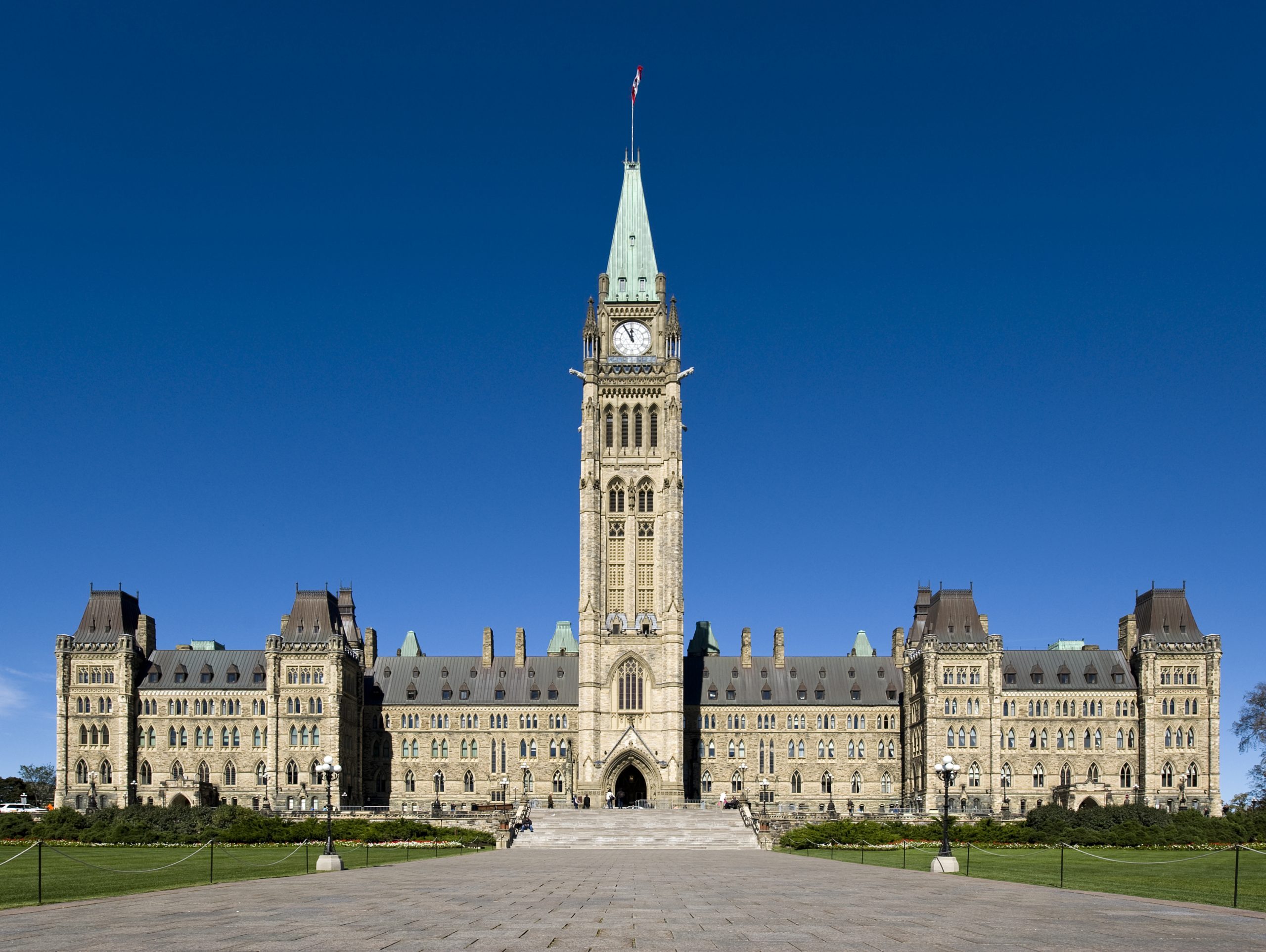The Frontier Centre for Public Policy today released a review of public subsidies to political parties, dating from the year 2000 to mid-2009. The study, Subsidizing Separatism in Quebec: Public Subsidies for Political Parties found that political parties and their candidates have received $330 million since 2000, most of it ($305 million) since the 2004 changes which added a quarterly allowance and increased the generosity of party and candidate reimbursements.
In a comparison of individual donations raised to public subsidies, the Liberal party received the largest subsidy while the Bloc Quebecois, by virtue of its small individual donor base, was the most dependent on subsidies for its operations and election campaigns.
A comparison of individual donations versus subsidies: 2000-2009
- Bloc Quebecois: $6.5 million in donations/ $33.4 million in subsidies
- Liberal: $56.9 million in donations / $111.3 million in subsidies
- Green: $5.1 million in donations / $8.8 million in subsidies
- NDP: $43.2 million in donations / $62.9 million in subsidies
- Conservative: $93.9 million in donations / $103.7 million in subsidies
Ratio of subsidies to every donor dollar (most subsidized to least subsidized):
- Bloc: $5.13 for every $1 donation
- Liberal: $1.96 for every $1 donation
- Green: $1.72 for every $1 donation
- NDP: $1.46 for every $1 donation
- Conservative: $1.10 for every $1 donation
After last year’s study was released, the Bloc Quebecois complained that an analysis of direct donations to the party omitted the transfers that the Bloc receives from its riding associations. In the 2009 analysis, an additional analysis was included which accounts for such transfers. It shows that the Bloc is still the most heavily dependent on taxpayer financing by a wide margin, at almost four subsidy dollars for every privately-raised dollar.
Commentary:
The study reveals a number of anomalies.
- The Bloc raised only about one-sixth of what the NDP raised from individual donors ($6.5 million v. $43.2 million) between 2000 and mid-2009, but the Bloc received over half as much in subsidies as did the NDP ($33.4 million v. $62.9 million).
- Even when transfers from the Bloc’s riding associations to the party itself are accounted for, the Bloc still raised only $8.5 million over the 2000-2009 period in individual donations, with subsidies amounting to $33.4 million in comparison.
- Over the past year, the Liberal party has become significantly better at fundraising from individuals while the Conservatives, New Democrats and Greens have always been better at individual fundraising.
- In the 2008 election year, the Bloc raised just over $1.4 million in individual donations but received over $7.9 million in subsidies.
“Public subsidies have the pernicious effect of helping the Quebec sovereigntists do more campaigning and advertising than would otherwise be possible,” writes the study’s author Mark Milke, the director of research at the Frontier Centre for Public Policy. “Despite the opposition in late 2008 to ending taxpayer subsidies for political parties, continued subsidies are not in the interest of any federalist party interested in winning seats in Quebec.”
Milke noted one more unintended consequence from such subsidies: “Public subsidies shield parties from having to solicit voters for donations based on the concerns of those same voters. Ending public subsidies is not only about levelling the playing field between federalist and separatist forces in Quebec, more fundamentally, it is about ensuring parties represent voters.”
Recommendations:
Assuming either the Liberals or New Democrats change their party position, or in an effort to persuade them of the same, there are any number of ways in which subsidies could end:
- Option 1: End the annual allowances immediately after the next quarterly payment;
- Option 2: End the annual allowances over time;
- Option 3: Exchange annual allowances for increases in the per-person donation allowable to political parties.
The Frontier Centre’s policy paper, Subsidizing Separatism in Quebec: Public Subsidies for Political Parties, can be downloaded here: /publication.php/3050
For more information and to arrange an interview with the study’s author, contact:
Mark Milke
403-230-2435 (O)
403-630-0875 (C)


